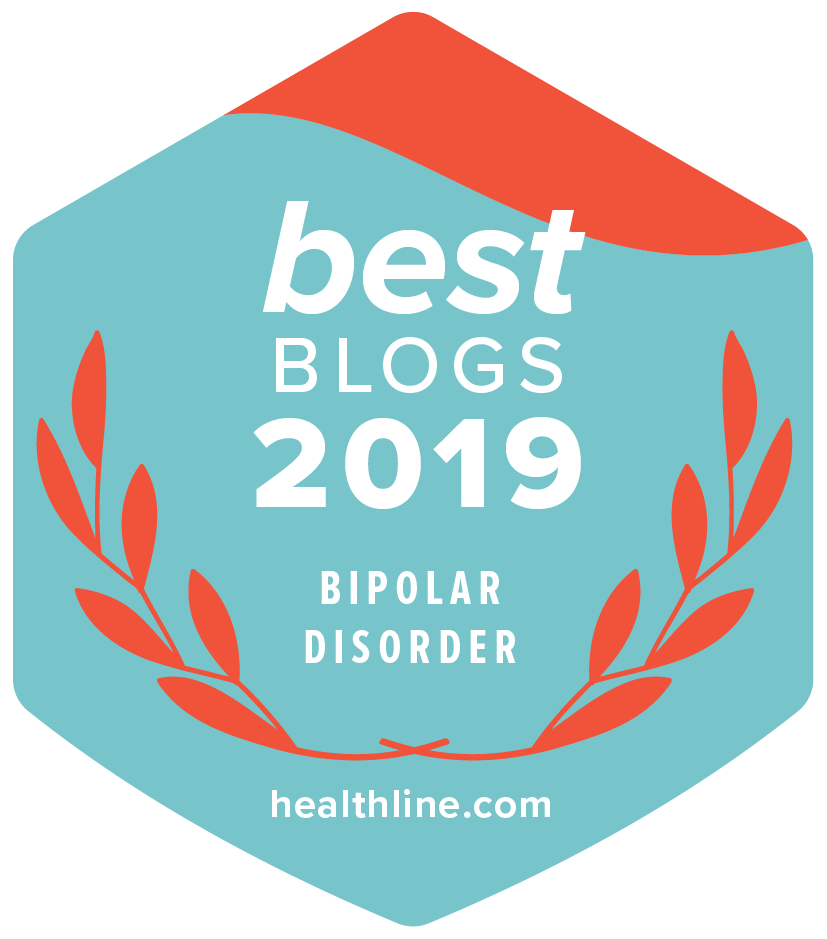There’s weepy, sad, and needy depression—and also irritated, unloving, and restless depression…
I remember the day I realized that my definition of depression was VERY limited. For three years after my bipolar disorder diagnosis in 1995, I wrote down every symptom I had at the time and each one I could remember from the past. Soon, I had thousands of symptoms. This eventually turned into my Health Cards Treatment System for Bipolar Disorder. I also tracked my mood on a chart for 12 years in order to figure out my mood swing patterns. You can see one of these charts in the appendix of Take Charge of Bipolar Disorder. The following article from my Bp Magazine blogs synthesizes my thoughts on how very different depression can appear depending on what type of depression a person experiences.
I now divide depression into weepy and agitated depression. This explains why some of us are just downright mean and nasty when we are depressed, while at other times we might be clingy and weepy!
From the blog:
Depression can make us weepy, sad, and needy—but did you know it can also make us really irritated, unloving, and restless? So many of my relationship problems stemmed from the negative filters of depression. I didn’t even know that I was an incredibly positive person until my depression was brought under control.
Sign #1: Irritation
Irritated depression makes me kick and punch things, have terrible road rage, see the dirt of the world instead of the beauty, and experience the most caustic, negative, and judgmental thoughts you can imagine. It’s awful. I’m a witch. It’s as though I put on negativity glasses and the lenses make it impossible for me to think a nice thought or say a nice word.
Click here to read 3 Unexpected Signs of Bipolar Depression on Bp Magazine.
Julie












